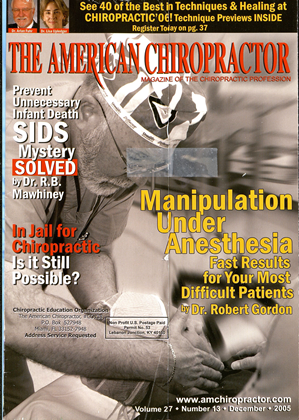Reference: Epidemiology Non-Narcotic Analgesic Dose and Risk of Incident Hypertension in US Women Hypertension September 2005;46:500. The journal Hypertension is owned by the American Heart Association. John P. Forman; Meir J. Stampfer; Gary C. Curhan These authors are associated with Harvard Medical School. Perspectives From Authors • Clinicians commonly believe that NSAID's have the potential to harm the kidneys and cause gastrointestinal bleeding. • Clinicians commonly hold that acetaminophen is safe, but this study questions that common belief. • "These data add further support to the hypothesis that acetaminophen and NSAID's may independently elevate the risk of hypertension." • "Given their [NSAID's and acetamin-ophen's] common consumption and the high prevalence of hypertension, our results have substantial public health implications, and suggest that these agents be used with greater caution." Key Points From Dan Murphy: 1. Acetaminophen [Tylenol, Atasol, Anacin-3, Panadol, Excedrin {has acetaminophen, aspirin, and caffeine}], ibuprofen [Motrin, Advil, Nuprin, Medipren], and aspirin are the most commonly used drugs in the United States. 2. Compared with women who did not use acetaminophen, older women who took >500 mg per day had a 93% increased risk of hypertension. 3. Younger women who took >500 mg per day had a 99% increased risk of hypertension. 4. For nonsteroidal anti-inflammatory drugs, older women who took >500 mg per day had a 78% increased risk of hypertension. 5. Older women whose usual dose of NSAID was >800 mg per day had a 120% higher risk of hypertension compared with nonusers. 6. Compared with nonusers of acetaminophen, older women who consumed >500 mg per day for headache had a 240% increased risk of hypertension. 7. In older women without headache who consumed >400 mg per day of NSAID, there was a 75% increased risk of hypertension compared to nonusers. 8. In older women without headache who consumed >400 mg per day of NSAID, there was a 270% increased risk of hypertension compared to nonusers. 9. Younger women who took >500 mg per day had a 60% increased risk of hypertension. 10. Compared with nonusers of acetaminophen, younger women who consumed >500 mg per day for headache had a 370% increased risk of hypertension. 11. Higher daily doses of acetaminophen and nonsteroidal anti-inflammatory drugs significantly and independently increase the risk of hypertension in women. 12. Both nonsteroidal anti-inflammatory drugs (NSAID's) and acetaminophen [Tylenol] impair renal function. 13. Acetaminophen [Tylenol] causes hypertension because it depletes glutathione (GSH) leading to renal endothelial dysfunction. 14. Clinicians commonly understand that NSAID's have the potential to harm the kidneys and cause gastrointestinal bleeding. 15. Clinicians commonly do NOT understand that acetaminophen is NOT safe, and causes significant hypertension. A 1978 graduate of Western States Chiropractic College, Dr. Dan Murphy is on the faculty of Life Chiropractic College West, and is the Vice President of the International Chiropractic Association. For more information, visit www.danmurphydc.com.\
 View Full Issue
View Full Issue






